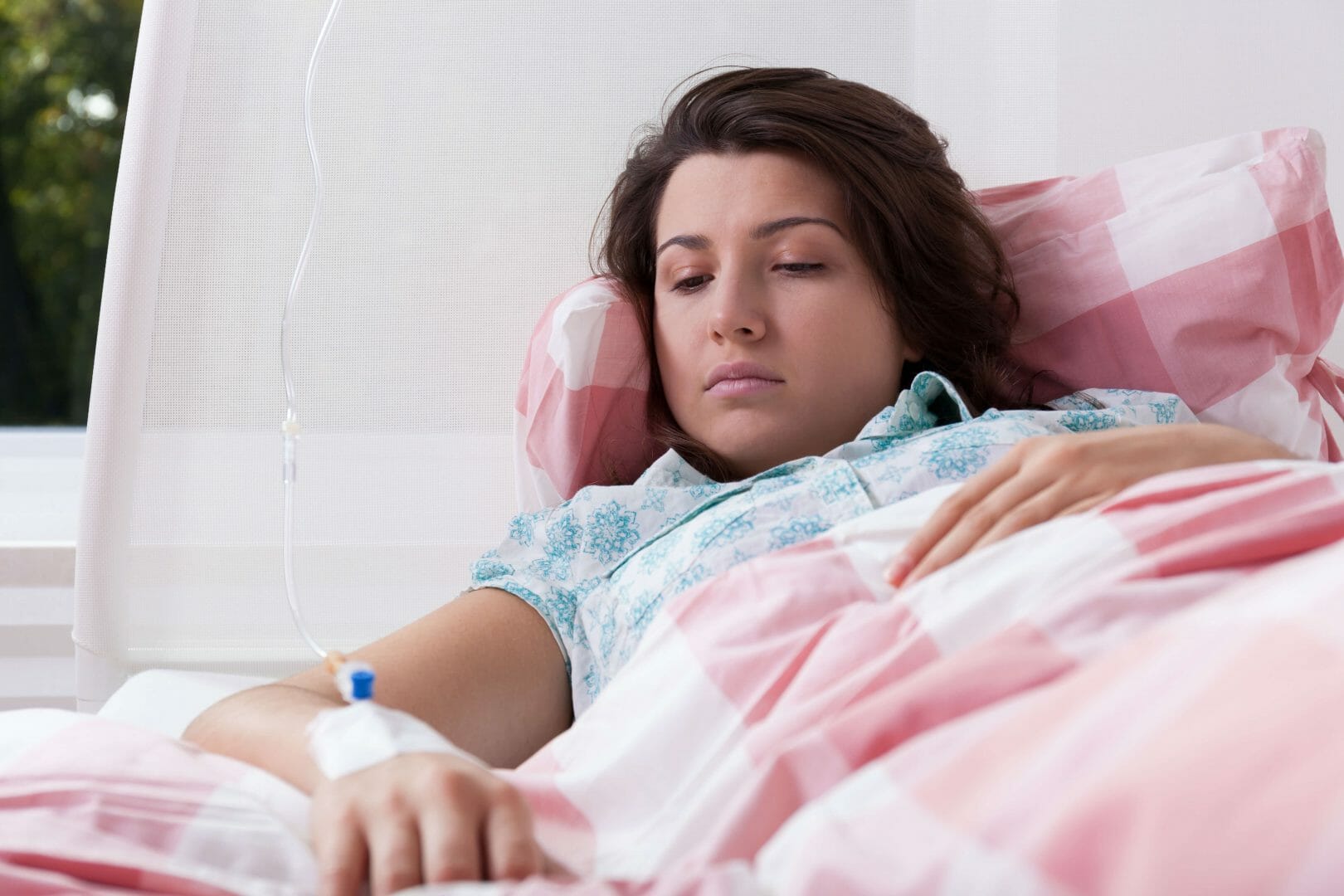
Table of Contents
A new study from St. Louis’ Washington University School of Medicine in the US suggests that there may be a link between binge drinking and breast cancer. This applies specifically to women who drink an excessive amount of alcohol in the time between their first menstrual period and their first pregnancy. This is very alarming news due to the high number of women who engage in this type of drinking pattern during their early adult years.
What is Binge Drinking?
A report in the Guardian earlier this year claimed that binge drinking has become a way of life in the UK. It refers to a pattern of consumption where people will drink a large amount of alcohol in a very short time period – more than four drinks in one session. Binge drinkers might only touch alcohol at the weekends, but they fact that they consume such a high amount means they put themselves in real danger. People who engage in this behaviour drink to become inebriated – it is very different from social drinking. It is the most dangerous pattern of alcohol consumption, but over fifty per cent of men and women in the UK engage in this type of behaviour.
Binge Drinking and Breast Cancer
The research by the St. Louis’ Washington University School of Medicine examined the health histories of 91,000 mothers between 1989 and 2009. It was found that those who engaged in binge drinking at any time between their first period and first pregnancy increased their risk of cancer by 13 per cent. The number of young women engaging in binge drinking seems to be on the rise, so this is definitely worrying news.
Other Dangers Associated with Binge Drinking
Binge drinking might not only increase women’s risk of breast cancer, but it has also been shown to lead to other serious consequences, such as those listed below.
- People engaging in this pattern of drinking are far more likely to develop an addiction to alcohol (alcoholism).
- There is a high risk of death due to alcohol poisoning. Those who are heavily inebriated will also be at risk of choking on their own vomit.
- Those who binge drink will be at much higher risk of accidents.
- It is damaging to both physical and mental health.
- It can exacerbate any existing mental illness and increase the likelihood of developing the symptoms of depression.
- There is a strong link between binge drinking and suicide.
- People who engage in this pattern of alcohol consumption are far more likely to engage in crime, and they are more likely to become victims of crime.
- Inebriation interferes with the ability of people to make good decisions, meaning they may do things that they deeply regret later.
- It increases the likelihood of promiscuous sex, unplanned pregnancy, and sexually transmitted disease.
- Some people become more violent when they drink alcohol – there is a link between binge drinking and domestic violence.
- People who binge drink will often be unable to function properly the next day. This means that they may be unable to fulfil their responsibility as a parent, employee, member of the community, and friend.
How to Avoid Binge Drinking
The way to avoid binge drinking is to stick to the recommended levels for safe alcohol consumption. The old advice was to tell people that they should limit themselves to 21 units of alcohol per week, but this does not mean drinking all of these units over the course of two days. Safe drinking means sticking to 14 units for women (21 units for men) and never drinking more than three units per day (four units for men) – there should also be two days free of alcohol each week.




